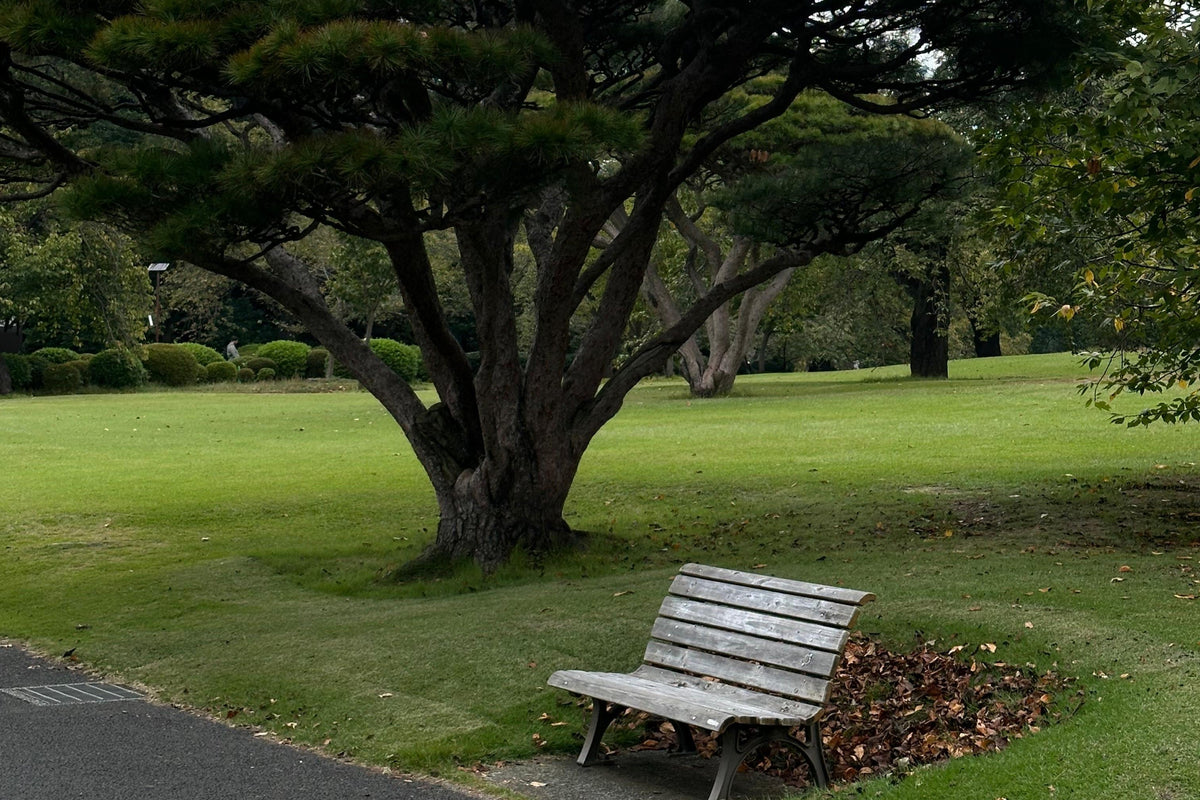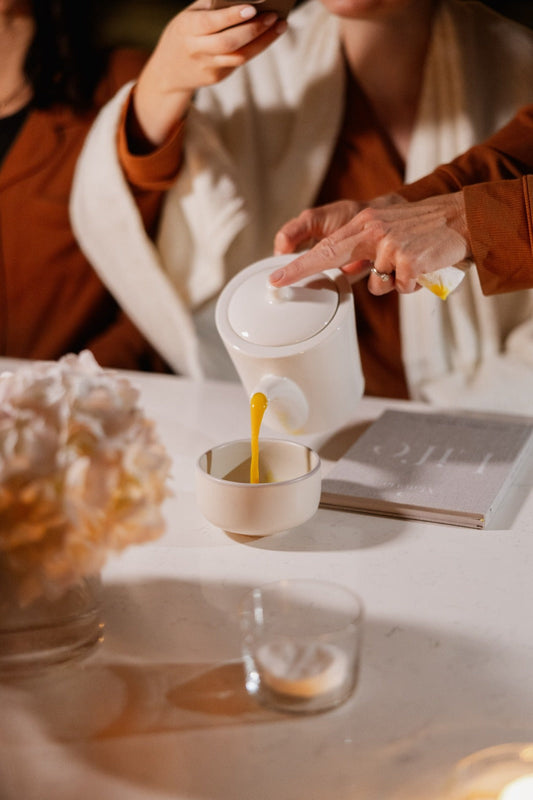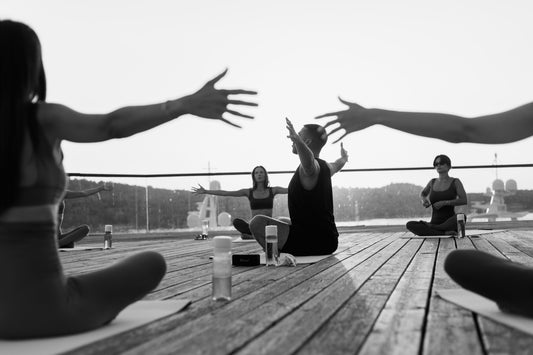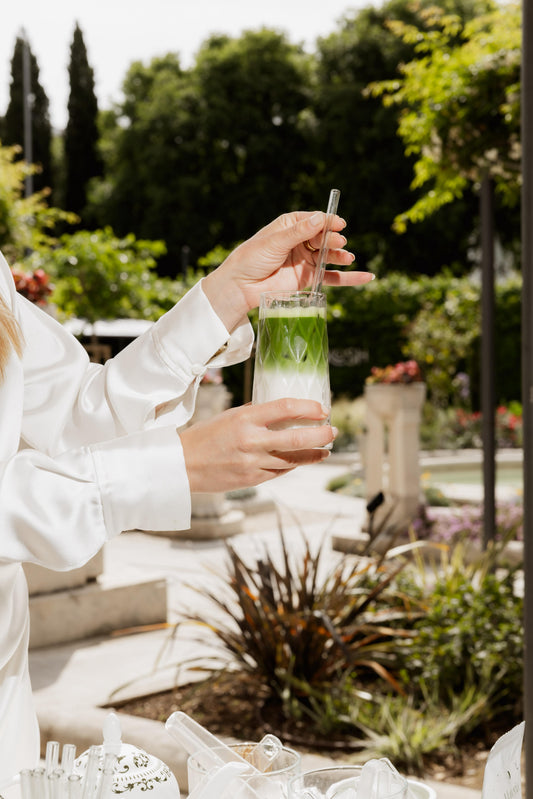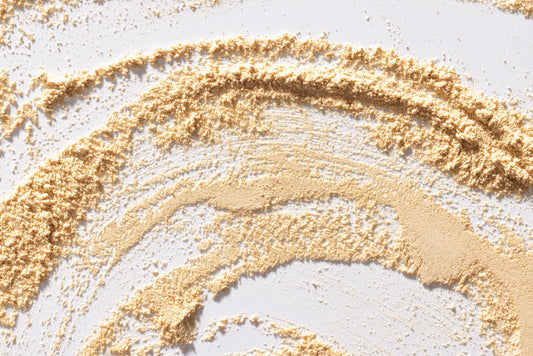5 Secrets of Japanese Longevity & Ageless Vitality
Japan has long fascinated the rest of the world with its unique fusion of ancient tradition and modern innovation. Yet behind that cultural allure lies an even greater mystery: why do Japanese people live so long – and age so gracefully?
With one of the planet’s highest life-expectancy rates and a remarkable population of centenarians, Japan offers a convincing model for longevity and vitality. From food and movement to mindset and skincare, ageing is approached as an elegant, balanced art. What key principles lie behind their lasting health and youthful appearance?
1. Nutrient-dense diet
The cornerstone of Japanese longevity is traditional washoku cuisine, recognised by UNESCO. Unlike Western diets heavy in processed sugar and refined grains, Japanese meals are
- rich in seafood packed with omega-3 fatty acids for brain and heart health
- abundant in vegetables and seaweeds that deliver essential minerals, fibre and antioxidants
- full of fermented foods such as miso, natto and pickles that nurture a healthy gut microbiome
- accompanied by matcha green tea, renowned for antioxidants, amino acids and gentle caffeine
If you want to taste authentic Kyoto flavour, explore our Premium Ceremonial Matcha 30 g.
Portions are smaller, beautifully arranged and eaten slowly. The Japanese maxim hara hachi bu – eating until 80 percent full – prevents overeating and supports metabolic health.

2. Movement woven into everyday life
Unlike high-intensity fitness trends in the West, Japanese people rely on consistent low-intensity activity to stay in shape:
- Daily walking and stair-climbing. Just ten minutes of walking lowers disease risk, boosts energy, reduces stress and sparks creativity.
- Cycling to work. An efficient way to keep fit, save on transport and protect the environment; cycling improves cardiovascular capacity, lowers blood pressure, builds muscle and sharpens coordination.
- Simple tai-chi practice. This refined art combines deep, rhythmic breathing with precise body awareness, improving balance, flexibility, strength and cognition while easing stress and lifting mood.
- Gardening well into old age. Gardening strengthens muscles, maintains fitness and provides sunlight and fresh air. Engaging all five senses, it awakens optimism and reinforces the will to live.
For more quiet-movement inspiration, see Analog Wellness – The New Face of Well-being.
3. Community and purpose
Social connection plays a decisive role. On Okinawa, one of the world’s Blue Zones, locals often form lifelong “moai” circles that provide emotional, financial and physical support. Community and purpose manifest in the concepts of ikigai (reason for being) and wa (harmony). If constant comparison drains you, read Achievement Culture – How to Escape and rediscover your own compass.

4. Ingredient-first skincare and self-care
Japanese women favour natural ingredients such as rice bran, green tea and seaweed, following a minimal routine of cleansing, toning and hydration that values quality over quantity. The same “less-is-more” mindset appears in When Eyes and Heart Grow Tired – Wabi-Sabi, reminding us that inner calm shines brighter than any cosmetic.
5. Mindfulness rituals
Meditation, traditional breathing techniques, forest bathing (Shinrin-yoku) and hot-spring visits calm the nervous system and support graceful ageing. The tea ceremony, centred on presence and attention, is another mindful ritual that anchors daily life. Why slowing down matters is unpacked in The Quick-Success Illusion.
Japanese longevity is not the outcome of a miracle food or serum – it is a lifestyle built on balance: nourishing meals, moderate exercise, deep social ties, lifelong purpose and everyday mindfulness.

Five beginner habits to try at home
- Swap one coffee a day for matcha
- Add fermented foods to your plate
- Walk or cycle instead of driving whenever possible
- Start each morning with a short moment of silence
- Practise hara hachi bu – stop eating before you feel completely full

